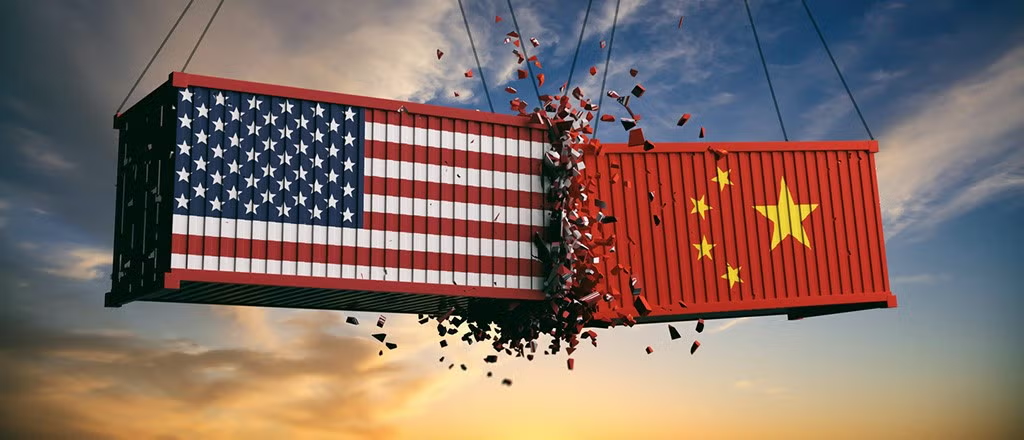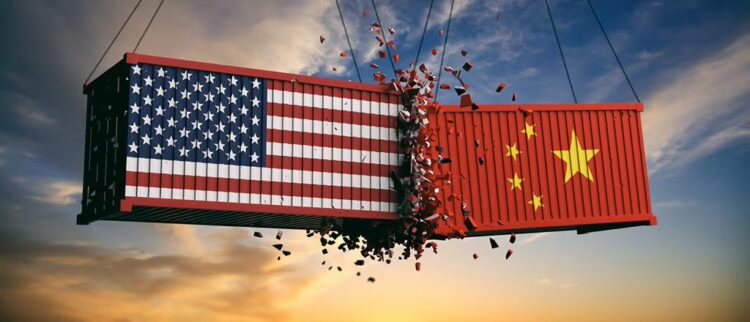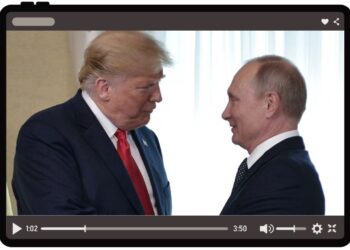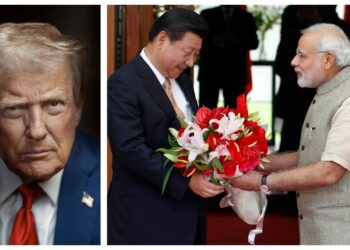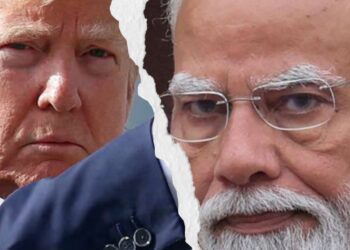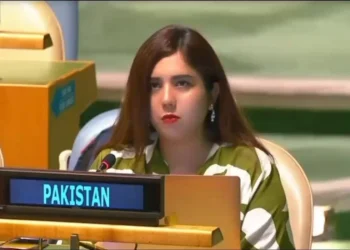Beijing: China has reiterated its firm opposition to trade and tariff wars, with Foreign Ministry Spokesperson Mao Ning stating that “protectionism hurts the interest of all” and that using tariffs as coercion is “counterproductive and not in any party’s interest.”
These remarks come in direct response to a social media post by U.S. President Donald Trump, who warned that “Any Country aligning themselves with the Anti-American policies of BRICS, will be charged an ADDITIONAL 10% Tariff. There will be no exceptions to this policy.” Trump’s statement signals a potential escalation of trade tensions, particularly targeting countries within the expanded BRICS bloc, which now includes 10 member nations.
Mao Ning emphasized that China’s position on tariff hikes is “consistent and clear,” asserting that “trade and tariff wars have no winners.” She further clarified that the BRICS mechanism is an “important platform for cooperation among emerging markets and developing countries” that advocates “openness, inclusiveness, and win-win cooperation,” and “does not target any country.”
The BRICS grouping, which held its 17th Summit in Rio de Janeiro from July 6-7, issued a joint declaration that, while not directly naming the U.S., condemned “unilateral, punitive and discriminatory protectionist measures” that are not in line with international law. The declaration also expressed “serious concerns about the rise of unilateral tariff and non-tariff measures that distort trade and violate WTO rules,” warning that such actions could disrupt global trade and supply chains.
Trump’s latest tariff threat appears to be a direct reaction to the BRICS summit’s declaration, particularly its condemnation of recent US-Israeli strikes on Iranian military and nuclear facilities, which the bloc described as “illegal.” This highlights a growing divergence in global economic and geopolitical approaches, with the U.S. under Trump advocating for more protectionist and unilateral trade policies, while China and the BRICS bloc champion multilateralism and open cooperation.
